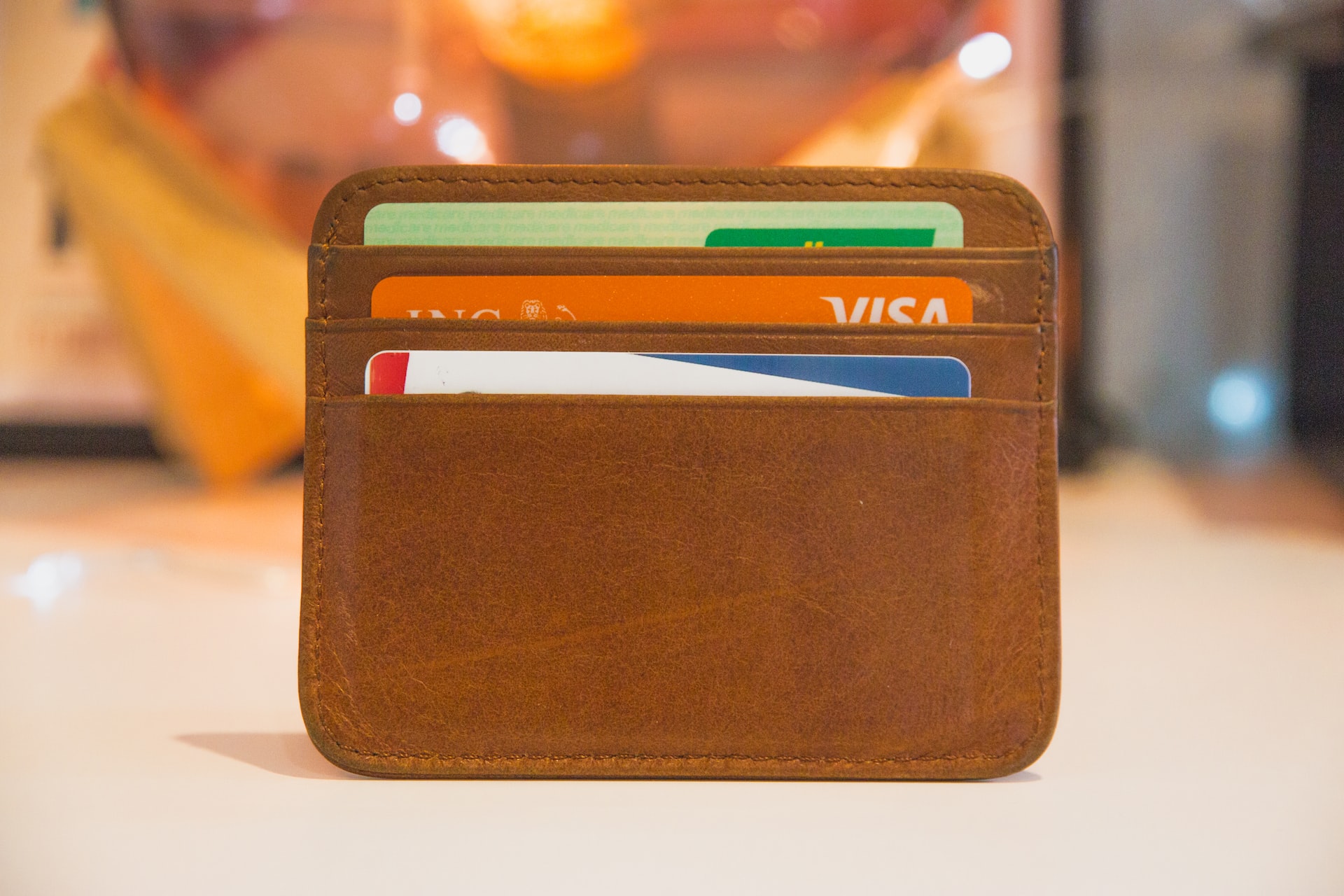Bankruptcy is a painful and stressful process, but it also provides an opportunity for a new beginning. One of the most critical stages following bankruptcy is to begin restoring your credit score. A solid credit score is required to get loans, credit cards, and other financial instruments that can assist you in reaching your financial objectives. This essay will look at some of the most effective ways to improve your credit score after bankruptcy.
Whether you’re just starting to rebuild your credit or want to boost your score, you’ll discover useful advice and insights to help you get there. So, let’s get started on the path to a more prosperous financial future.
Understanding Credit Score
Because bankruptcy is a public record of financial trouble and is regarded as a big negative event in a person’s credit history, it has a considerable influence on a person’s credit score. The exact impact of bankruptcy on a credit score can vary depending on the credit scoring model employed, but in general, bankruptcy can reduce a person’s credit score by 200 to 300 points or more.
When a person declares bankruptcy, it can remain on their credit record for up to six years or sometimes more. Potential lenders may perceive the individual as a higher risk during this period, making it difficult for them to receive loans, credit cards, and other types of credit. Furthermore, a poorer credit score may result in higher borrowing rates.
While bankruptcy might have a big influence on a person’s credit score, it does not mean the end of their financial prospects. It is possible to repair credit and enhance a person’s credit score after bankruptcy with time and effort.
Creating a budget
Budgeting is a useful method for boosting your credit score after bankruptcy because it allows you to regain control of your finances and demonstrate to lenders that you are responsible for your money. When you develop a budget, you can see precisely how much money comes in and goes out each month, which may help you prioritize your spending and ensure that your payments are made on time.
Paying your bills on time is an important aspect of calculating your credit score as mentioned in this infographic, and planning may help you avoid missing payments. When you budget your monthly costs, you may set aside money for each payment so you know precisely how much money you need to set aside each month to pay it.
Budgeting can also help you get out of debt. High amounts of debt can have a detrimental influence on your credit score, so paying off debt and keeping credit card balances low is critical for increasing your credit score. You may also examine how much money you have left over each month after paying your obligations and designate it to debt repayment.
Keeping balances low on credit cards
Keeping credit card balances low is critical for repairing your credit score after bankruptcy for various reasons. For starters, large amounts of debt, particularly on credit cards, can have a negative influence on your credit score and make you look to potential lenders to be a bigger risk.
Second, credit utilization refers to the quantity of credit you are using in relation to the amount of credit available to you. If you are using a high proportion of your available credit, lenders may conclude that you are relying excessively on credit and may be struggling to manage your debt.
By keeping credit card balances low, you may demonstrate to potential lenders that you are managing your debt properly and are not overly dependent on credit. This can help you enhance your credit score and seem to potential lenders as a smaller risk. It can also help you save money on interest costs because the lower the debt, the lesser the interest rates.
Choosing Secure Credit Cards
Here are some factors to consider when selecting secure credit cards:
- Annual Fees: Look for credit cards with low or no annual fees, since this will help you save money in the long term and manage your debt more efficiently.
- Interest Rates: Take into account the interest rate charged on the credit card. High-interest rates can make debt repayment more difficult, so seek credit cards with lower interest rates.
- Look for credit cards that include rewards programs such as cashback, points, or miles. This might help you earn incentives for using the card, which is a useful benefit.
- Security Features: To secure your personal and financial information, make sure the credit card has robust security features such as fraud protection and identity theft insurance.
- Reporting to Credit Agencies: Look for credit cards that report to the three main credit bureaus: Experian, TransUnion, and Equifax. This will assist you in developing a favorable credit history and improving your credit score over time.
Conclusion
To summarise, it takes time and works to improve your credit score after bankruptcy, but it is achievable. You may take charge of your money and demonstrate to potential lenders that you are a responsible borrower by sticking to a budget, keeping credit card balances low, and using secure credit cards.
Additionally, on-time bill payments and debt reduction might assist boost your credit score. Remember that improving your credit takes time and patience, but the rewards of having a strong credit score are well worth the effort. You may repair your credit score after bankruptcy and attain financial stability and security with hard work and the correct tools.
































































